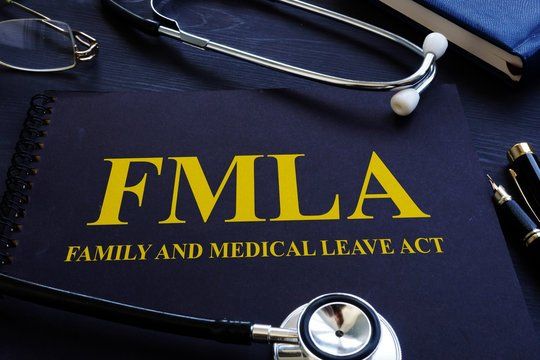Recent Updates to the Massachusetts Paid Family and Medical Leave Act: Changes to Contribution Rates and Benefit Amounts

In October, the Massachusetts Department of Family and Medical Leave announced changes in contribution rates and weekly benefit amounts to the Paid Family and Medical Leave Act (PFMLA).
Effective January 1st, 2022, the maximum weekly amount of benefits available to qualifying individuals will increase to $1,084.3, up from $850 per week (due to an increase in the average weekly raise in Massachusetts). However, the benefit contribution rate for employers with twenty-five or more covered individuals has been reduced to 0.68%. The current rate is 0.75%. And the benefit contribution rate for employees with fewer than twenty-five covered individuals has been reduced to 0.344%, from 0.378%.
It is imperative employers notify their workers of these changes, immediately. An updated rate sheet can be found here. Also, employers should notify recent hires of PFML contribution rates and benefit amounts within thirty days of hire. Applicable forms may be found here. Employers must also notify employees about their benefits and rights under the PFMLA by displaying a poster in the workplace.
If you have questions about COVID-19 vaccination requirements and safety protocols, or any other general employment issues, please do not hesitate to contact the attorneys at The Royal Law Firm at 413-586-2288.







